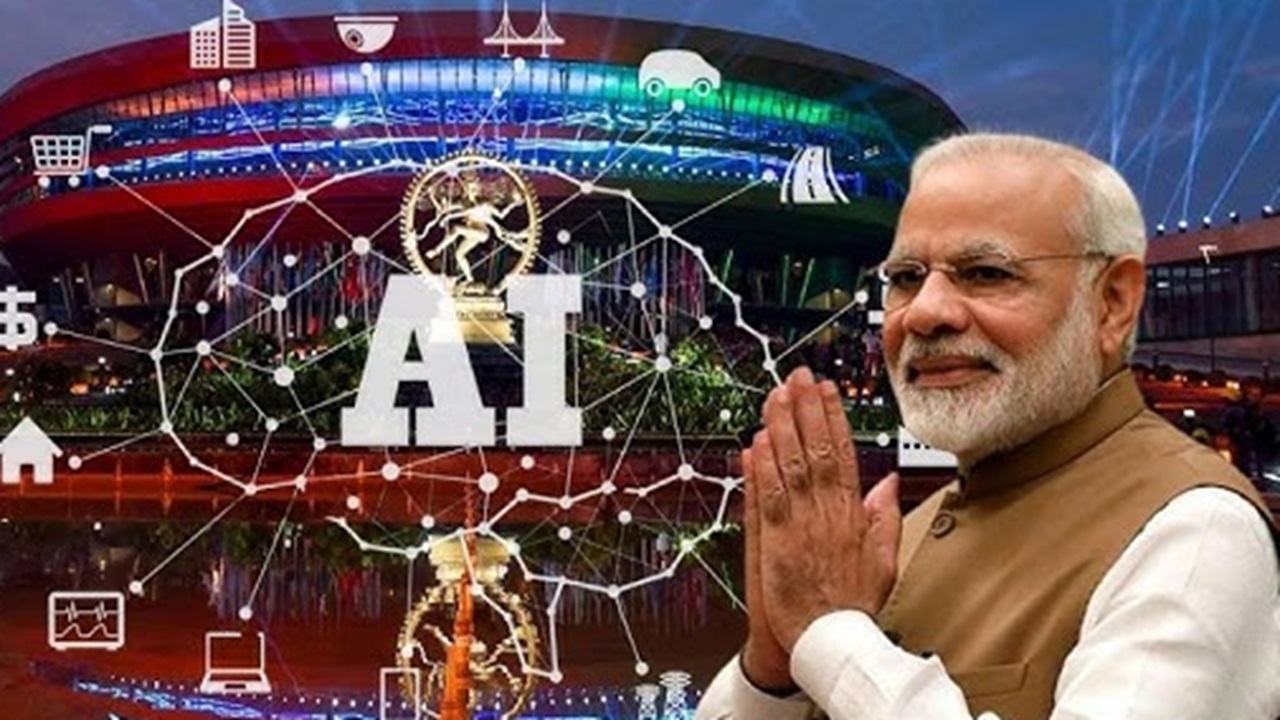First Session of 18th Lok Sabha: President Droupadi Murmu addressed both Houses of Parliament in the first session after the recent Lok Sabha elections. Her speech covered a range of significant issues, reflecting the priorities and stance of the Narendra Modi-led NDA government.
Condemnation of the Emergency
President Murmu called the Emergency of 1975, imposed by then Prime Minister Indira Gandhi, the “biggest and darkest chapter of direct attack on the Constitution.” This reference underscores the historical tensions between the BJP and the Congress, signaling potential confrontations in the current parliamentary session. The President’s remarks indicate the Modi government’s intent to challenge the Congress, even though the BJP’s tally fell short of the majority in the recent Lok Sabha elections. The Congress, on the other hand, saw a significant increase in its seats, setting the stage for a contentious political landscape.
Assurances on Examination Integrity
Addressing a major issue affecting millions of students, President Murmu acknowledged the concerns over paper leaks and irregularities in exams like UGC-NET and NEET PG. She assured that there would be a fair investigation into these cases, with strict punishment for those responsible. The President emphasized the government’s continuous efforts to ensure transparency and integrity in competitive exams and recruitment processes. She highlighted the importance of rising above party politics to address this issue on a nationwide scale.
Constitution and Its Significance
President Murmu reiterated the government’s commitment to embedding the Constitution in public consciousness. She highlighted the celebration of November 26 as Constitution Day, reflecting the government’s efforts to honor the foundational document. The President mentioned the full implementation of the Constitution in Jammu and Kashmir following the abrogation of Article 370. This move, which removed the special status of J&K, represents a significant shift in the region’s legal and political landscape.
Third Term for Modi Government
The President noted that the Modi government secured a third consecutive mandate, the first time in 60 years. This reflects the public’s belief in the government’s ability to fulfill their aspirations. Murmu highlighted the record voter turnout in Jammu and Kashmir during the recent elections, countering the narrative of low engagement due to unrest. This, she stated, is a strong reply to those who spread false propaganda about the region.
Call for Responsible Parliamentary Conduct
The President urged members of Parliament to ensure smooth functioning and healthy debates, distinguishing between opposition to policies and obstruction of parliamentary processes. She emphasized the importance of public confidence in the democratic system. Murmu highlighted the responsibility of Parliament and the government to leverage the current favorable period for the country’s benefit. She stressed that the decisions and policies made now would be closely watched by the world.
Achievements of the Modi Government
Economic and Social Welfare: The President enumerated various achievements of the Modi government over the past decade, including welfare schemes like free ration for 80 crore people, Kisan Samman Nidhi payments to farmers, and the abolition of interviews for certain government posts.
Defense and Infrastructure Development: She noted the 18-fold increase in defense exports, GST collections surpassing ₹2 lakh crore for the first time, and the construction of 4 crore PM Awas houses, mostly allocated to women.
Focus on Marginalized Communities: President Murmu commended the government for honoring historical figures from marginalized communities, such as celebrating the birth anniversary of Bhagwan Birsa Munda and other notable leaders.
India’s Global Standing
Murmu expressed optimism about India’s future, stating that the country is on track to become a developed nation. She highlighted India’s growing respect on the global stage and the achievements of Indian athletes in international competitions. The President praised the government’s initiatives to celebrate cultural events that promote national unity, such as the Kashi Tamil Sangamam and Saurashtra Tamil Sangamam.
Defense of Electoral Integrity
Murmu defended the use of electronic voting machines (EVMs), countering criticism from the opposition. She emphasized that EVMs have passed rigorous tests and have the trust of the Indian people, ensuring the credibility of the electoral process. The President stressed the need to maintain and protect public trust in democratic institutions, warning against undermining the electoral process which is fundamental to the nation’s democracy.
President Murmu’s address to Parliament outlined the government’s achievements, highlighted ongoing challenges, and set the tone for future legislative sessions. Her remarks on historical events, current issues, and the government’s vision for the future provide a comprehensive overview of the administration’s priorities and commitments.
(With inputs from agencies)








